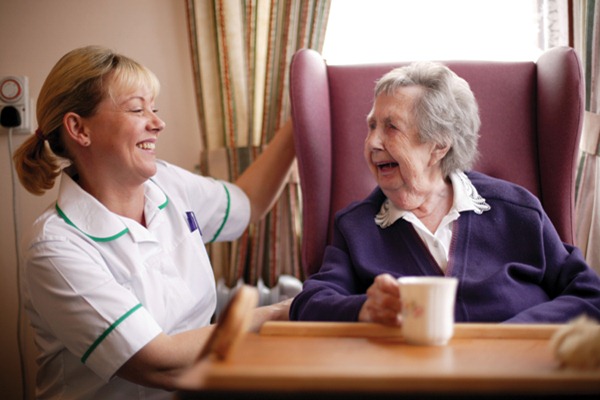Ageing and public policy
Health policy must acknowledge the ageing population and the economic and social factors that affect people’s health throughout their lives writes Eamon O’Shea.
The fact that population of the world is about to reach 7 billion people tells us as much about global ageing as it does about birth rates and fertility rates. Like the rest of the world, all the indications are that the number of older people in Ireland and their proportion in the overall population will grow over the coming decades, albeit from a lower base.
In 2006 in Ireland, a 65-year old male could expect to live 16.6 years, an increase of 1.2 years since 2002. A 65-year old female could expect to live 19.8 years, an increase of 1.1 years over the same period. Life expectancy at older ages will likely continue to increase, so that by the year 2041 almost one third of the Irish population will be aged over 60 years. The fact that greater numbers of people in Ireland are reaching old age is a major achievement and cause for celebration, the result of improved economic, social and living conditions, and medical advances over various forms of disease.
However, the ageing of the population presents many challenges and opportunities. The macro-economic challenges are not that difficult to identify and can be summarised as pensions, health care and long-term care. In dealing with the health challenges, which is the focus of this short article, it is important not to create division and conflict within society about which group or age cohort is most deserving of government and public support.
The developmental welfare state, as articulated by the National Economic and Social Council in 2006, highlights the importance of a life-cycle focus for social policy; one that identifies the dynamic and complex nature of exclusion and inclusion that is mediated by events and transitions across the life course. This is also a very important concept for health, because if public policy is to be successful, then it must address the narrative of people’s economic and social lives from cradle to grave, including the various inter-generational interdependencies that determine health and quality of life at all ages.
There is, however, very little public acknowledgement that many of the health issues facing at risk and vulnerable populations are cumulative and persist across people’s lives. Health production is determined by many factors, including income, wealth, education, environment, resilience, risk and capabilities, all of which are essential parts of the production process and transcend age, but none of which are clearly articulated as integrated policy objectives. This is particularly true in relation to health policy, which is more concerned about health care and sickness than about the lifetime production of health. The current government proposal to move to universal health insurance is a necessary condition for improving the overall health of the population, mainly through equalising access to health care, but it is not a sufficient condition. It needs to be augmented by sustained action by government to deal with economic and social disadvantage and deprivation across the life-cycle, particularly in early childhood, if equality of opportunity for health is to be achieved for all.
Moreover, health policy needs to equally highlight the importance of person-centred care and dignity for people living with chronic illness and disability, including the key role played by family carers and caring communities in the production of health for so many people. Health policy in this country has consistently underplayed the importance of family carers, community context and social connectedness in relation to health production.
One of the difficulties of preparing for an ageing population is the disjointed nature of much of our thinking about growing old, at both individual and collective levels, as something that afflicts rather than evolves. The reality is that me now, at whatever age, and the community within which I live, matters for me in later life. That being so, policies have to be developed that reflect the importance of the life course in health production, specifically the role that enlightened and egalitarian economic and social policies play in helping people achieve optimal lifetime health.
Eamon O’Shea is Professor of Economics in NUI Galway’s Irish Centre for Social Gerontology.






